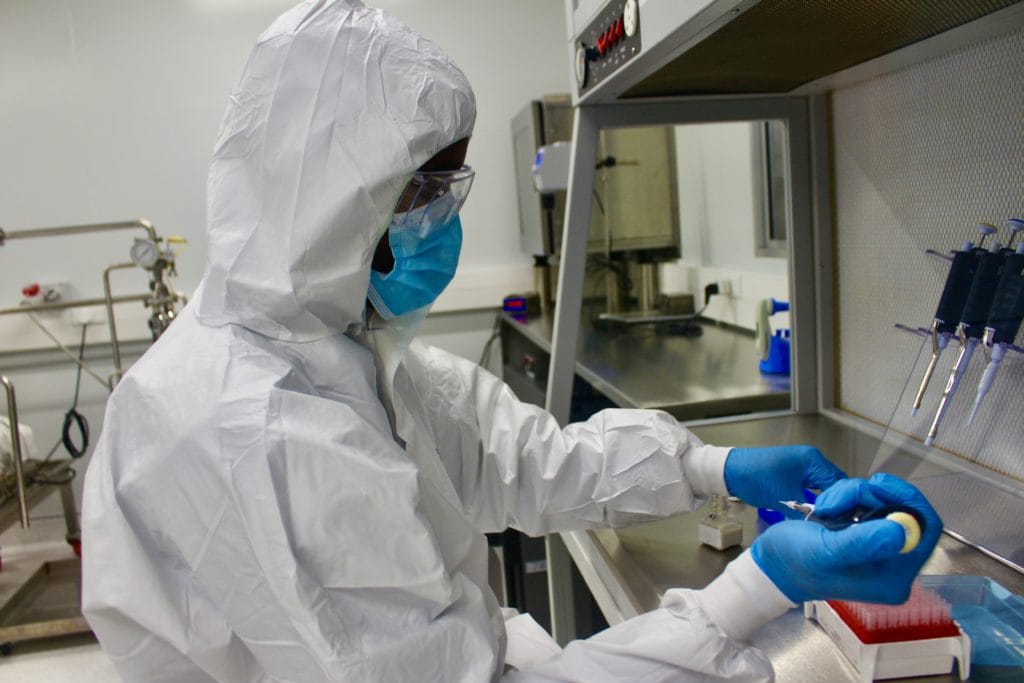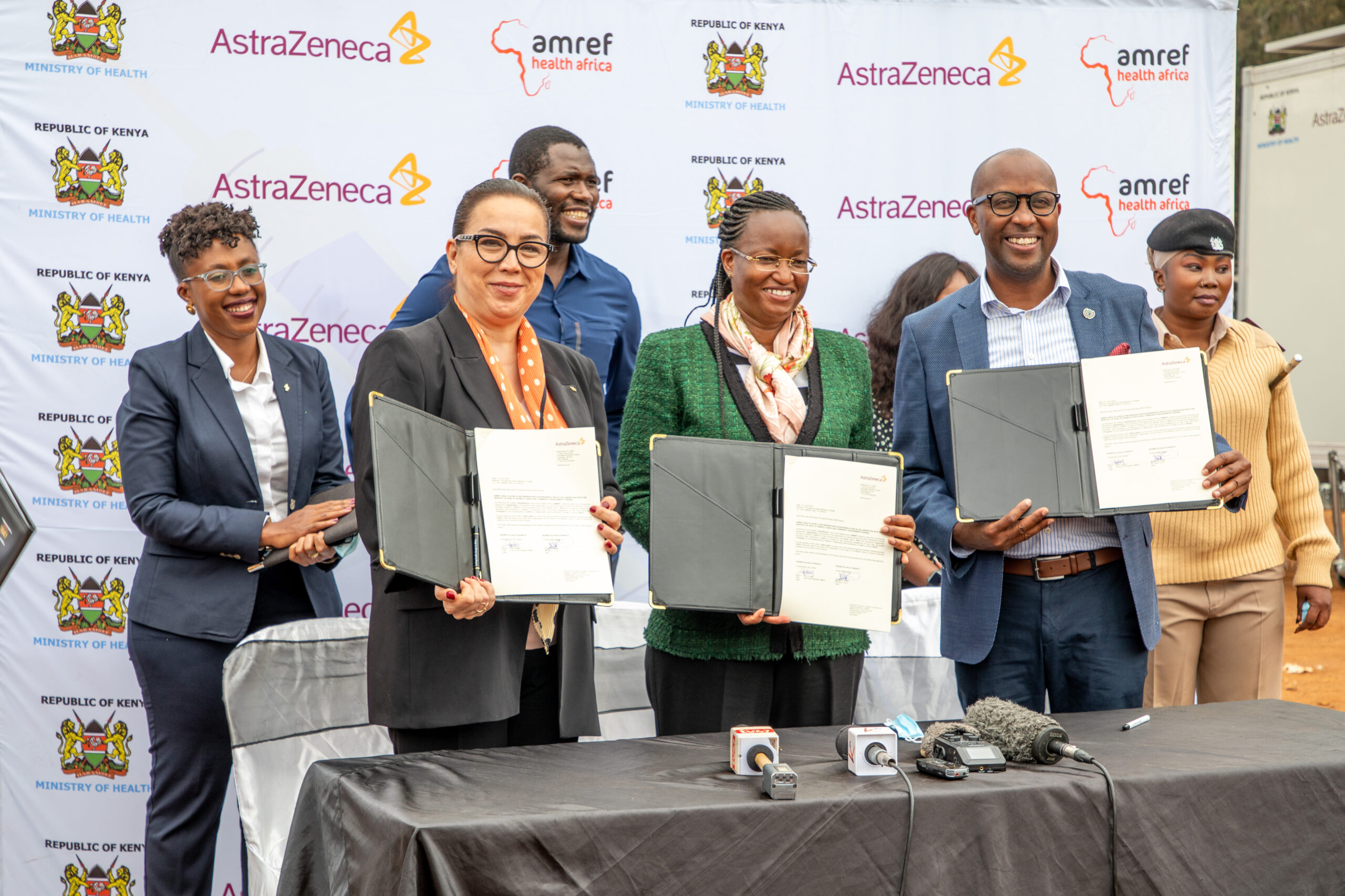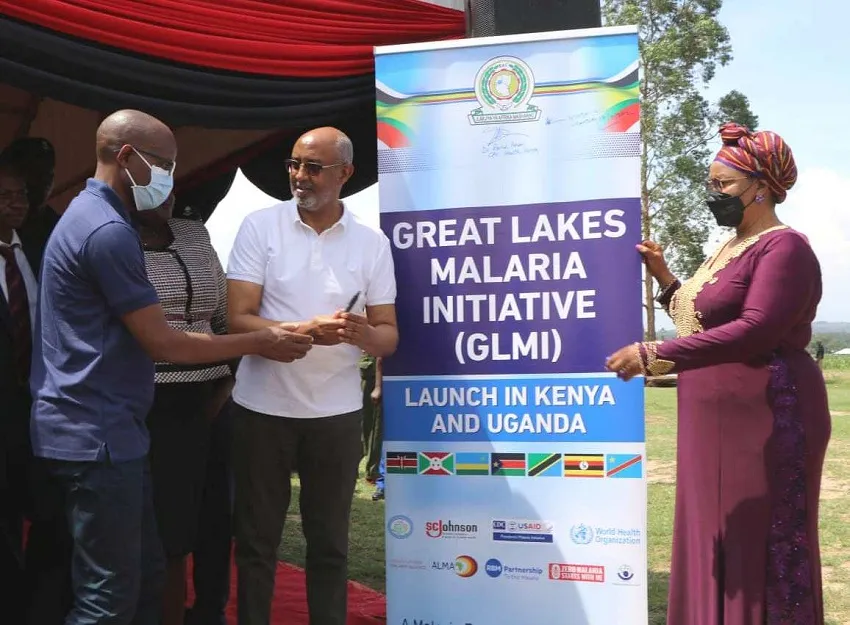Janet Akoth’s Journey with Obstetric Fistula
Monday, 23 April, 2018

Janet Akoth Odongo, 32, lives in Sinanga Village, Kenya. She was left with obstetric fistula, a hole in the birth canal that causes incontinence, during her first pregnancy when she was 18. At the time, when the doctors realised she was having complications with delivering the baby, they referred her to a hospital in Kisumu County so she could undergo a caesarian section. Sadly, the baby did not survive. And, before long, Janet began experiencing incontinence.
Janet stayed in the hospital after the delivery so doctors could assess the injury she sustained during delivery. Throughout this time, she depended on a catheter to manage the incontinence. It was removed as she was getting discharged and the medical staff at the facility told her that her condition of leaking urine would be over in due time. The condition didn’t get any better after going home. She experiences a lot of pain while passing urine and she can’t control the leaking.
“My husband left and said his reason for doing so was because he couldn’t live with someone who urinates on herself and can’t bear him children,” she says. “This was really heartbreaking because we were married. Before the failed pregnancy, my husband was very supportive and he even had started a small business of selling fruits.”
Obstetric fistula, which leaves Janet incontinent and smelling of urine, has lowered her self-esteem and makes her uncomfortable whenever she is with people. In an attempt to find a solution, Janet has had to stack many clothes around her in order to absorb the urine. Her fear of leaking urine and being embarrassed in public has contributed to Janet being depressed.
“People around many villages started to avoid me and they refused to give me work in their houses because I was smelly,” she says.
Janet tried seeking medical care for her condition but, until recently, she had no success. She sought medical treatment in a hospital near her village but medical staff there were not so helpful and she felt like a bother to them. They referred her to another hospital where she had to pay in order to access the services, even after she had walked a long distance to reach the hospital because she did not have money to pay for transportation. Fortunately, a nurse informed her about a free medical camp for women living with obstetric fistula, organised by Amref Health Africa in Kenya that would be taking place in Siaya County and advised her to attend.
When Janet attended the medical camp, she was shocked to see that the condition she was suffering from was common to many other women.
During the screening Janet received at the free medical camp, a specialist noticed that Janet had a huge bladder stone that had to be removed before they carried on with the surgery to repair the obstetric fistula. Janet was advised to go to Siaya County Referral Hospital the following day for admission and, a few days later, she underwent the removal of the bladder stone. The specialist booked her obstetric fistula surgery for three months later so she would have sufficient time to recover between surgeries.
“I am grateful to Amref Health Africa in Kenya’s Canada-Africa Initiative to Address Maternal, Newborn and Child Mortality project and all its specialists; I cannot put into words what you have done for me. And to women who are having similar experiences, I would recommend that anytime you hear Amref Health Africa has a medical camp avail yourselves for checkup because they are doing this free and this is helping so many of us who don’t have money for these procedures,” she said.
The Canada-Africa Initiative to Address Maternal, Newborn and Child Mortality is made possible through financial support from the Government of Canada through Global Affairs Canada.







